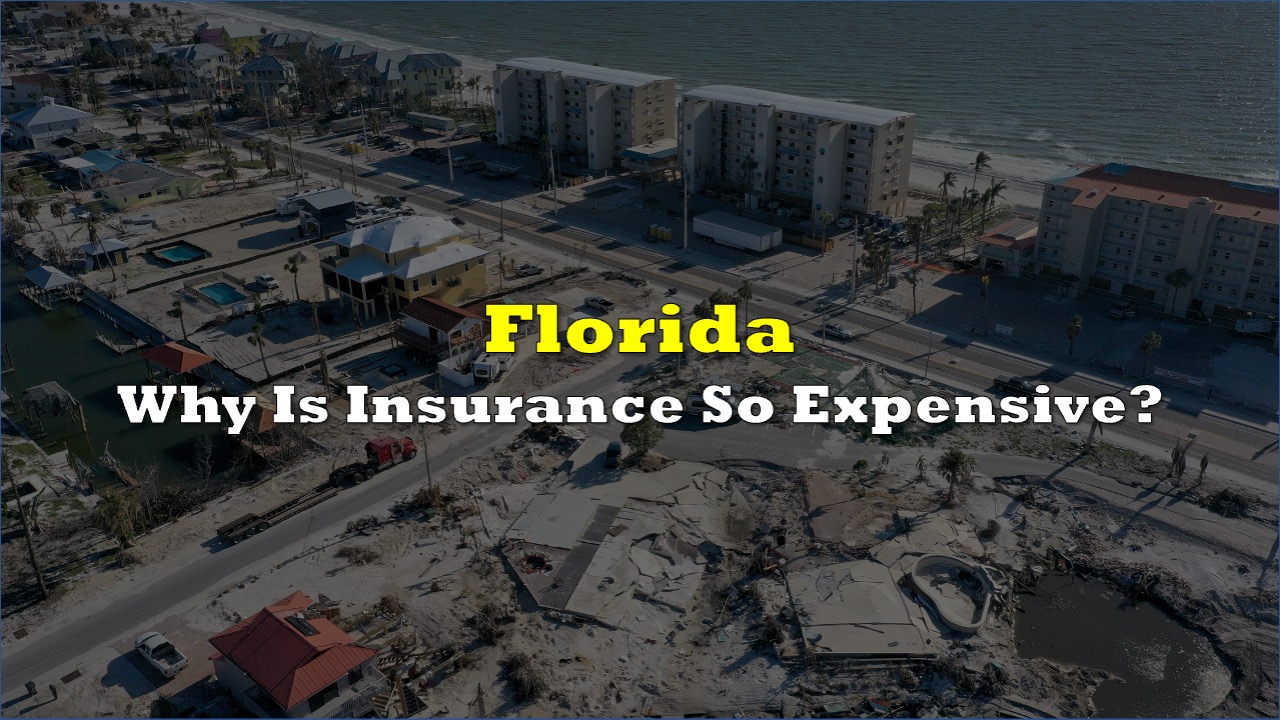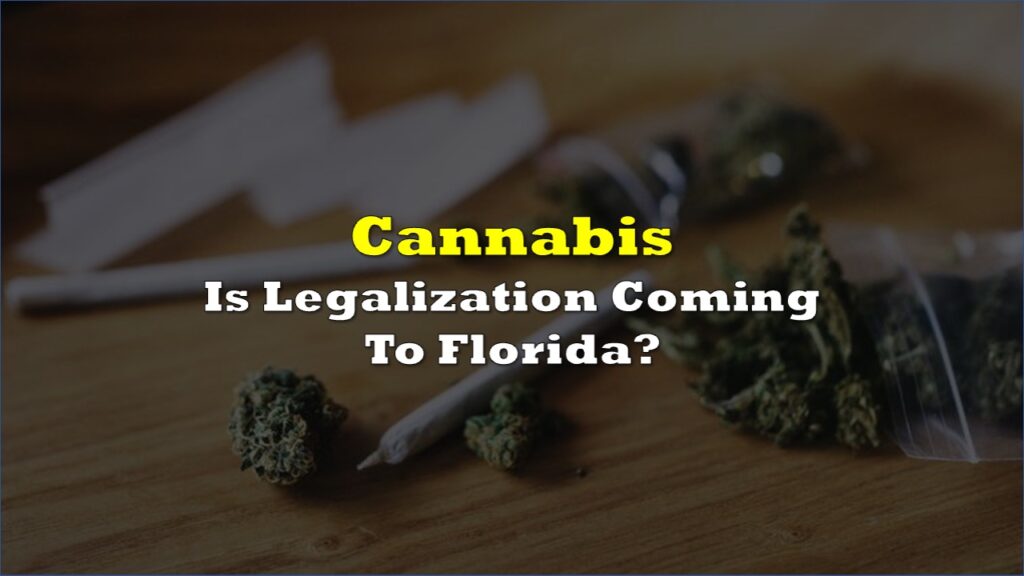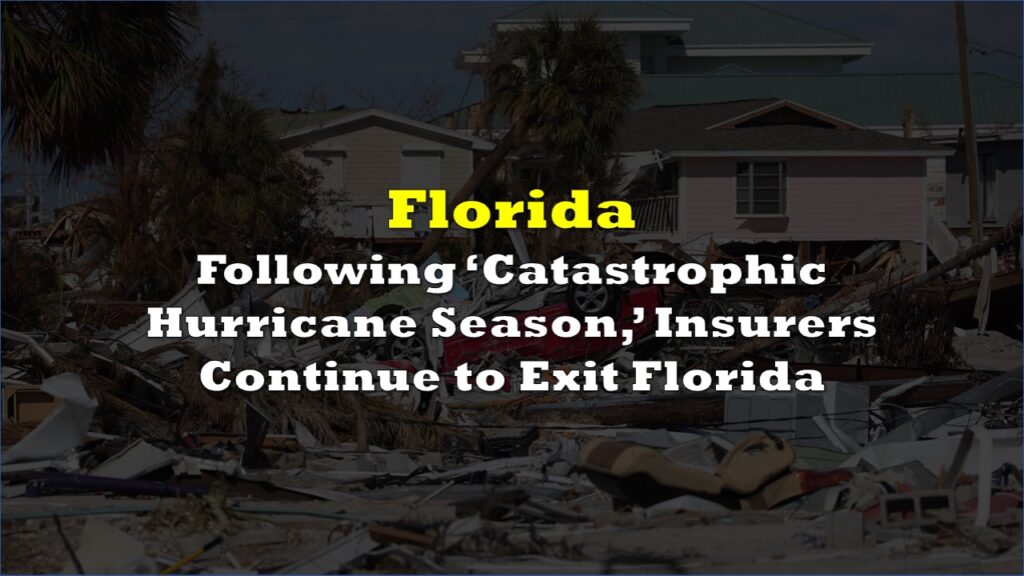Florida’s home insurance rates have been skyrocketing, making it one of the costliest states for insurance in the country. It’s been so costly, that six local insurers were forced to liquidate in 2022. The ones that remained, meanwhile, have hiked up rates to an average of $6,000 per year, more than three times the national average of $1,700.
What makes Florida so expensive to insure?
Florida homeowner insurance has increased 100% over past 3 years, average cost $6000 is 3X the national average.
— Adam Rossi (@rossiadam) July 29, 2023
The article sites hurricanes (obvious) and a “uniquely litigious environment”.
What is uniquely litigious about Florida? pic.twitter.com/wqIoJQaiZ9
As Twitter/X user Adam Rossi put it, the most obvious is the hurricane risk. Florida’s geographic location makes it highly susceptible to destructive hurricanes. In fact, five of the top 10 costliest hurricanes hit the state.
Over the years, these natural catastrophes have played a significant role in driving up insurance costs for homeowners and car owners alike. Notable storms, such as Hurricane Ian in 2022, have caused billions of dollars in losses, making it the third-costliest hurricane in US history. As climate change continues to worsen weather events, the risk of devastating storms in Florida is on the rise, further pressuring insurance rates.
What’s more is that Florida’s insurance market also relies heavily on reinsurance, a form of insurance for insurance companies, to manage the higher level of risks involved in the state.
The increasing frequency and severity of natural catastrophe claims have driven up reinsurance costs between 45% and 100% in January and an additional 20% to 40% in June renewals. These are costs that are eventually passed on to consumers.
While legislative efforts have been made to create programs like Reinsurance to Assist Policyholders (RAP) Fund and Florida Optional Reinsurance Assistance Program (FORA), it may take time for these measures to alleviate the burden on insurers and policyholders.
Uniquely Litigious
As for the “uniquely litigious” part, Florida leads the country in insurance-related litigation. Even though only 9% of all homeowner property claims nationwide are filed in Florida, an astonishing 79% of lawsuits related to property claims occur there.
Previously, Florida allowed a “one-way attorney fees” system for property insurance claims, leading to insurers paying attorney fees for policyholders who sued successfully. While this practice has been repealed for policies after January 1, 2023, existing policies remain subject to the previous regulations, contributing to higher litigation costs.
Related to this is the misuse of Assignment of Benefits (AOB) where contractors take advantage of loose regulations and court decisions have contributed to the problem of assignment of benefits abuse.
Unscrupulous contractors solicit unwarranted AOBs from homeowners after storms, leading to unnecessary expenses and lawsuits against insurers when claims are disputed or denied. This phenomenon has become a significant issue in Florida, further exacerbating insurance costs.
The combination of rising reinsurance costs, excessive litigation, and the misuse of AOBs has prompted insurance companies to reevaluate their presence in Florida. AAA, Farmers Insurance, Bankers Insurance, and Lexington Insurance have recently announced their withdrawal from the state, impacting thousands of policyholders.
The escalating risk of natural disasters attributed to climate change adds further instability to the insurance market in Florida. It also doesn’t help that legislators are more focused on divisive, anti-woke, culture war-related measures, rather than fixing the collapsing home insurance market.
Information for this story was found via Florida International University News, CNN, Barron’s, Insurance Business Mag, and the sources and companies mentioned. The author has no securities or affiliations related to the organizations discussed. Not a recommendation to buy or sell. Always do additional research and consult a professional before purchasing a security. The author holds no licenses.









